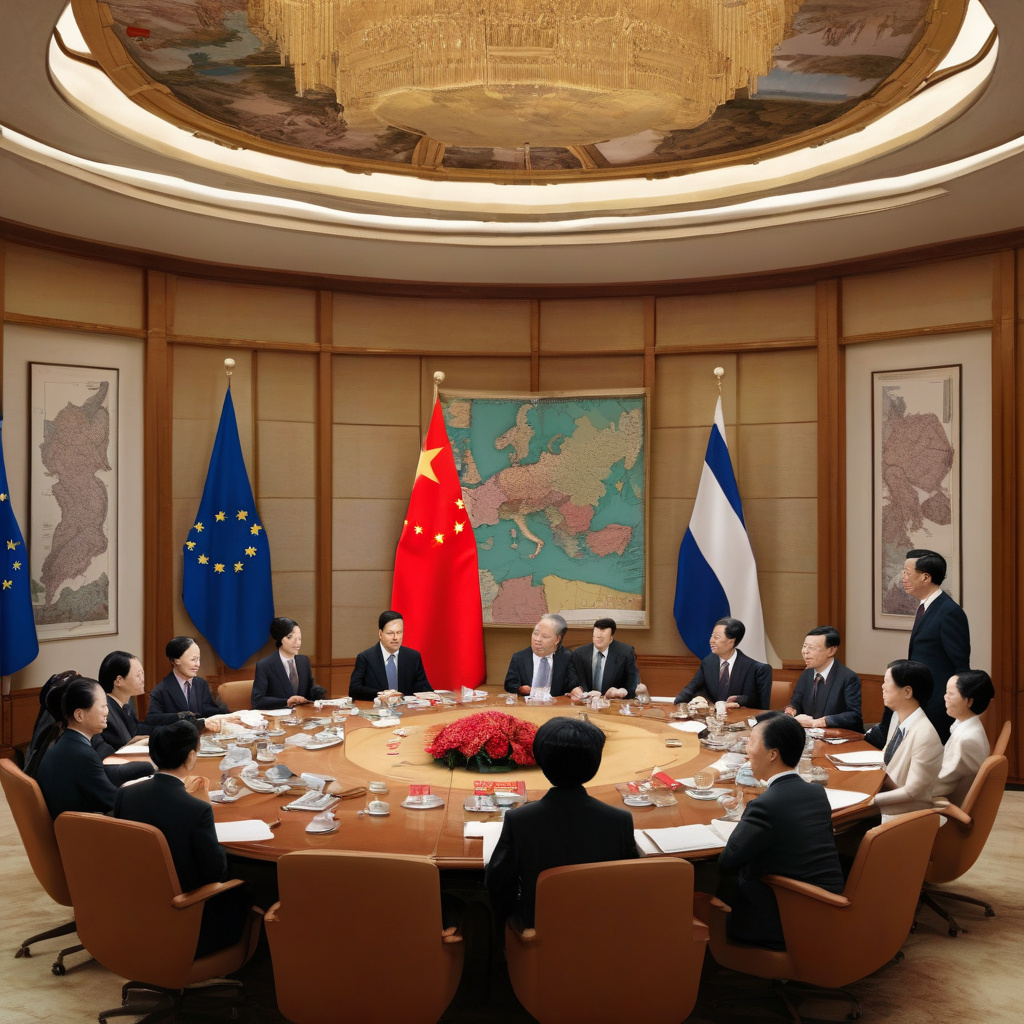China Proposes Rare Earth Export Relief for EU
Talks continue over EV tariffs as China signals rare earth concession. In a significant development, China has proposed providing rare earth export relief for the European Union (EU). This move comes amidst ongoing discussions regarding electric vehicle (EV) tariffs between the two entities, showcasing China’s willingness to potentially alleviate supply chain concerns for the EU.
Rare earth elements play a crucial role in the production of various high-tech products, including EVs. With the global shift towards electric mobility, the demand for rare earth elements has been steadily increasing. However, China currently dominates the rare earth market, accounting for a significant portion of the world’s supply. This has raised concerns among other countries, including the EU, about the reliance on China for these critical materials.
By proposing rare earth export relief for the EU, China aims to address some of these concerns and potentially strengthen its trade relations with the European bloc. This gesture also reflects China’s recognition of the EU’s efforts to diversify its rare earth supply chain and reduce dependence on a single source.
For the EU, access to a stable and diversified rare earth supply is essential for its strategic industries, particularly the burgeoning EV sector. By exploring options for rare earth import diversification, the EU can enhance its resilience to supply chain disruptions and ensure a consistent flow of materials for its growing industries.
Moreover, the ongoing talks over EV tariffs between China and the EU indicate a broader effort to address trade issues and foster collaboration in key areas such as clean energy and sustainable technology. As both parties work towards common goals of reducing carbon emissions and promoting green initiatives, resolving trade barriers and ensuring smooth access to critical resources like rare earth elements are crucial steps in advancing these shared objectives.
The proposal for rare earth export relief from China to the EU underscores the interconnected nature of the global economy and the importance of cooperation in addressing key challenges. By engaging in constructive dialogue and seeking mutually beneficial solutions, countries can not only strengthen their economic ties but also promote innovation and sustainability in strategic industries.
As discussions between China and the EU continue and potential agreements take shape, the outcome of these negotiations could have far-reaching implications for the rare earth market, EV production, and the broader clean energy transition. By fostering trade relationships that are built on trust, transparency, and mutual benefit, both parties can lay the foundation for a more resilient and sustainable future.
In conclusion, China’s proposal for rare earth export relief for the EU marks a significant development in the ongoing discussions over EV tariffs and trade relations between the two entities. As the world transitions towards a greener economy, ensuring access to essential resources like rare earth elements is key to driving innovation and progress in industries such as electric mobility. By working together to address supply chain challenges and promote sustainable trade practices, China and the EU can set a positive example for global cooperation in the pursuit of common goals.
China, EU, Rare Earth, EV, Trade Talks












